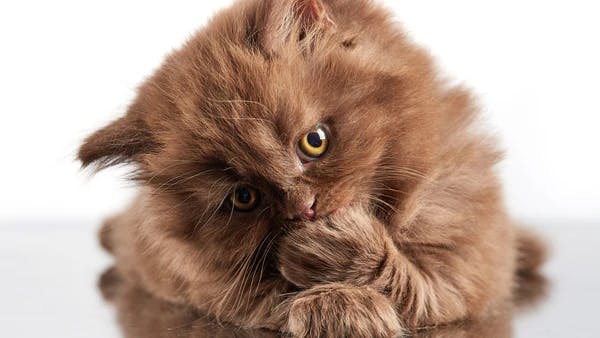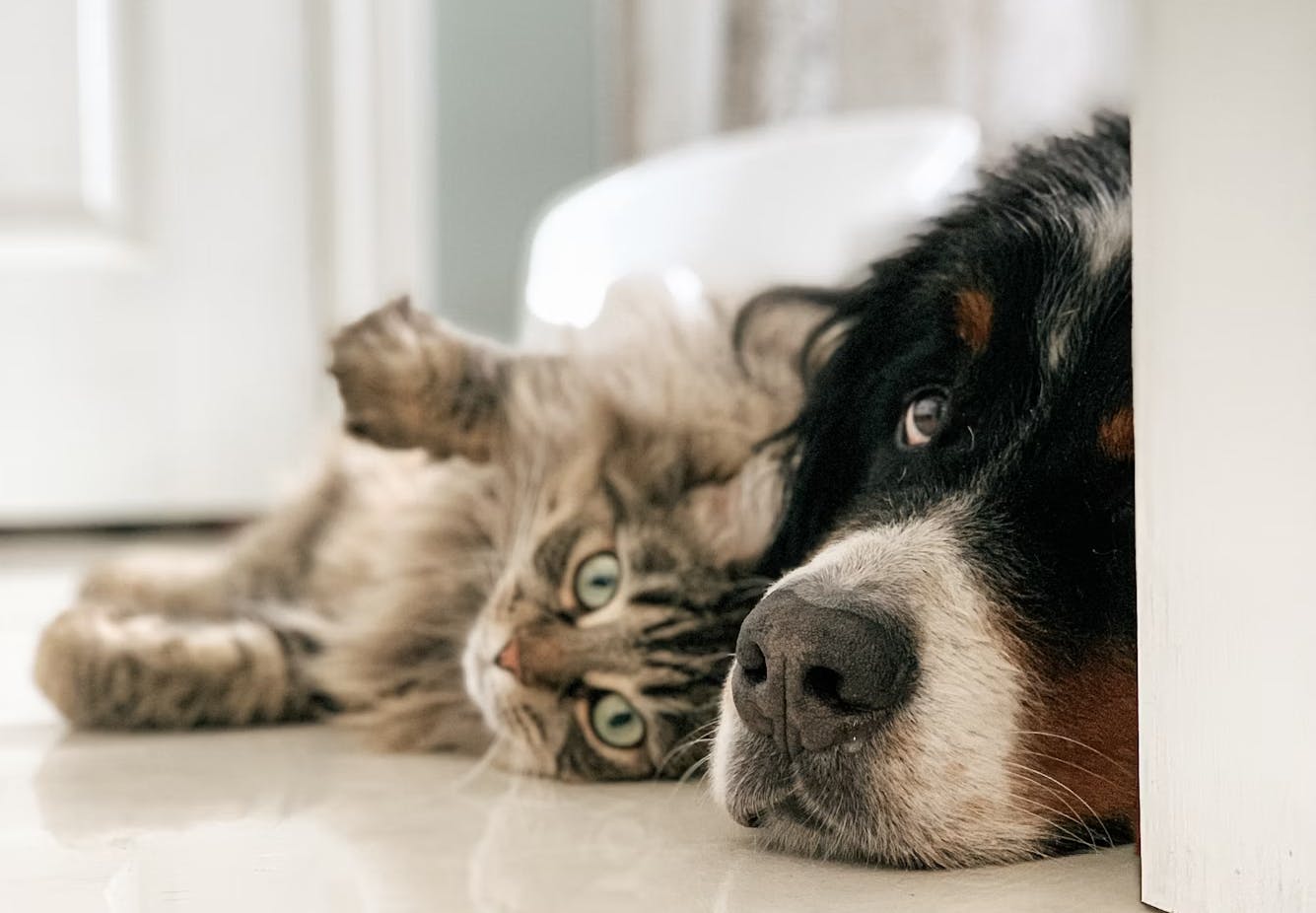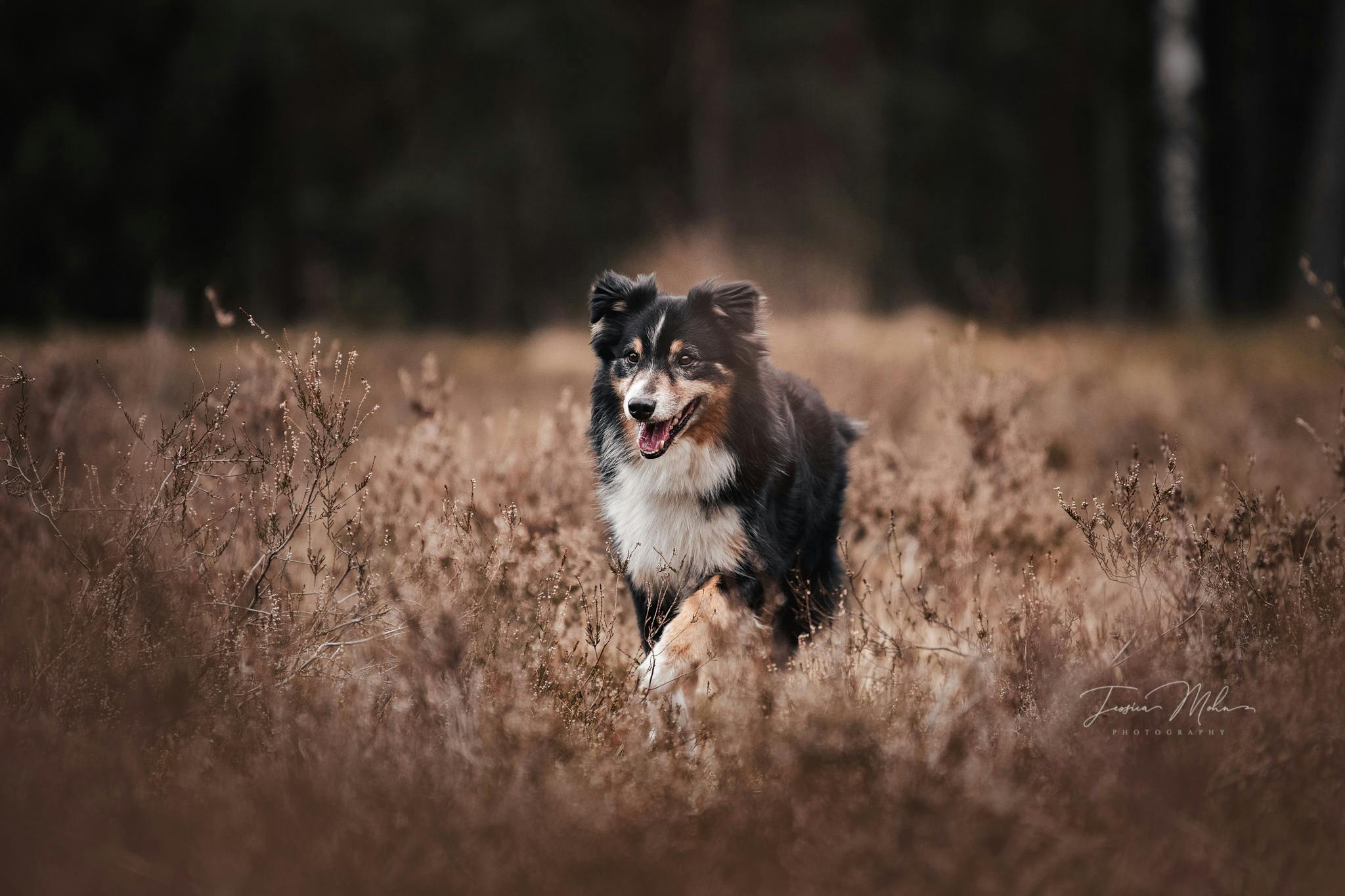Important Nutrients For Your Cat's Skin And Coat
The skin is the largest organ of a cat's body. It protects against harmful influences and ensures the coat's stability. In this blog, The Better Cat explains which nutrients are particularly important for maintaining skin and coat health. After all, who should know better than the food manufacturers themselves?

Proteins
Most cat parents are surely aware that cats have a high need for proteins. They are involved in many metabolic processes, including the production of skin cells. These, just like in humans, are constantly being renewed. Hair largely consists of so-called structural proteins, such as keratin. Skin and coat consume even 25% of the daily protein intake. A deficiency in this nutrient can manifest itself in, among other things, flaky skin and dull coat. So make sure to look for a high protein content when buying food.
Water
A cat's body consists of up to 60% water. Since wild and free-roaming animals get their needs from prey animals, it can be challenging to provide a house cat with enough fluids. If you are wondering how much your beloved pet should drink daily, the following rule of thumb can help you: Per kilogram of body weight, there should be at least 50 milliliters of water. But why is water so important for skin and hair at all? A constant and sufficient supply ensures the hydration and blood circulation of skin cells, through which nutrients and oxygen are transported. Without water, your cat's skin and coat simply cannot function!
Fats and Fatty Acids
They are also indispensable in human skin and hair care: fats in the form of oils. While humans often prefer external application, cats mainly benefit from intake through food and supplements. Essential fatty acids play a major role in cell renewal. Since the skin, as already mentioned, is constantly renewing itself, a continuous supply of high-quality fats is essential for healthy skin and coat. More information on omega fatty acids and fats in cat nutrition can be found on The Better Cat's blog: here and here.
Vitamin E
This important vitamin protects the body's cells from free radicals, which are produced, for example, by UV radiation. In excess, these free radicals can lead to so-called oxidative stress, preventing cells from performing their functions correctly. It is mainly found in vegetable oils and high-quality cat foods. Supplements that you can give daily also help with the daily supply. Vitamin E should always be fed together with omega fatty acids, as it prevents them from oxidizing in the body.
A lot of information - The Better Cat makes it easier for you with high-quality cat food and supplements.


Tips And Tricks For Peaceful Coexistence Between Cats And Dogs
This article provides practical advice on how to help your cats and dogs live together in harmony. With the right tips and a bit of patience, even natural rivals can become good friends.

Understanding Your Dog's Body Language
Dogs are fascinating creatures that primarily communicate through their body language. As a dedicated dog owner, it is invaluable to recognize and understand the subtle signals of your four-legged friend. This not only strengthens the bond between you but also helps to avoid misunderstandings and identify potential problems early on.
Latest
From our blog
The latest industry news, interviews, technologies, and resources.